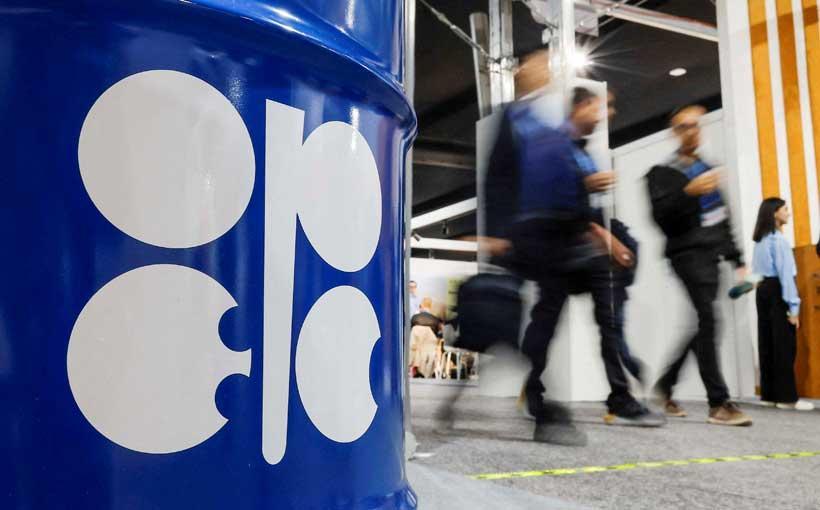Nicholas Oakes
Africa-Press – Mauritius. Background
OPEC+, the coalition of the Organization of the Petroleum Exporting Countries and allies including Russia, has long used production cuts to stabilize oil markets. Since April 2025, however, the group reversed its strategy, raising output to regain market share and respond to political pressure. U.S. President Donald Trump has pushed for lower prices, while Western sanctions on Russia and Iran have disrupted supply, keeping markets tight.
What Happened?
Sources confirm that OPEC+ will discuss further oil output increases during their meeting on Sunday, September 7th
Since April, the group has already boosted production quotas by 2.5 million barrels per day- representing about 2.4% of the global demand.
Despite hikes in output, prices remain around $70 per barrel, largely due to sanctions on member states and allies such as Russia and Iran.
Another hike would stand to unravel the 1.65 million barrel per day cut layer more than a year early.
Why It Matters:
The potential hike underscores OPEC+’s balancing act between market share and price stability. Higher output risks depressing prices further, but failure to act could cede ground to competitors like U.S. shale producers. The move also reflects geopolitical pressure, particularly from Washington, to keep energy costs in check. With sanctions distorting supply chains, OPEC+ decisions carry weight for both global energy security and national economies dependent on oil revenues.
Stakeholder Reactions:
OPEC+ Sources: Confirmed that output increases are on the table, whilst also being open to the possibility of an outright pause, to maintain price stability.
Analysts: Attribute sanctions and OPEC+ members failing to meet quotas as the remain for the stable price thus far despite repeated hikes.
Foreign Exchange Market: Saw crude oil trading around $68 per barrel Wednesday morning, down slightly on the day in reaction to the news.
What’s Next?
Eight OPEC+ countries will meet online on Sunday, September 7, to decide October output levels. The group must weigh whether to maintain pressure for lower prices or slow increases to prevent oversupply. Longer-term, OPEC+ faces the challenge of balancing Trump’s political demands with the need to sustain revenues, while navigating a fractured market reshaped by sanctions, competition, and the global energy transition.
With information from Reuters
moderndiplomacy
For More News And Analysis About Mauritius Follow Africa-Press







